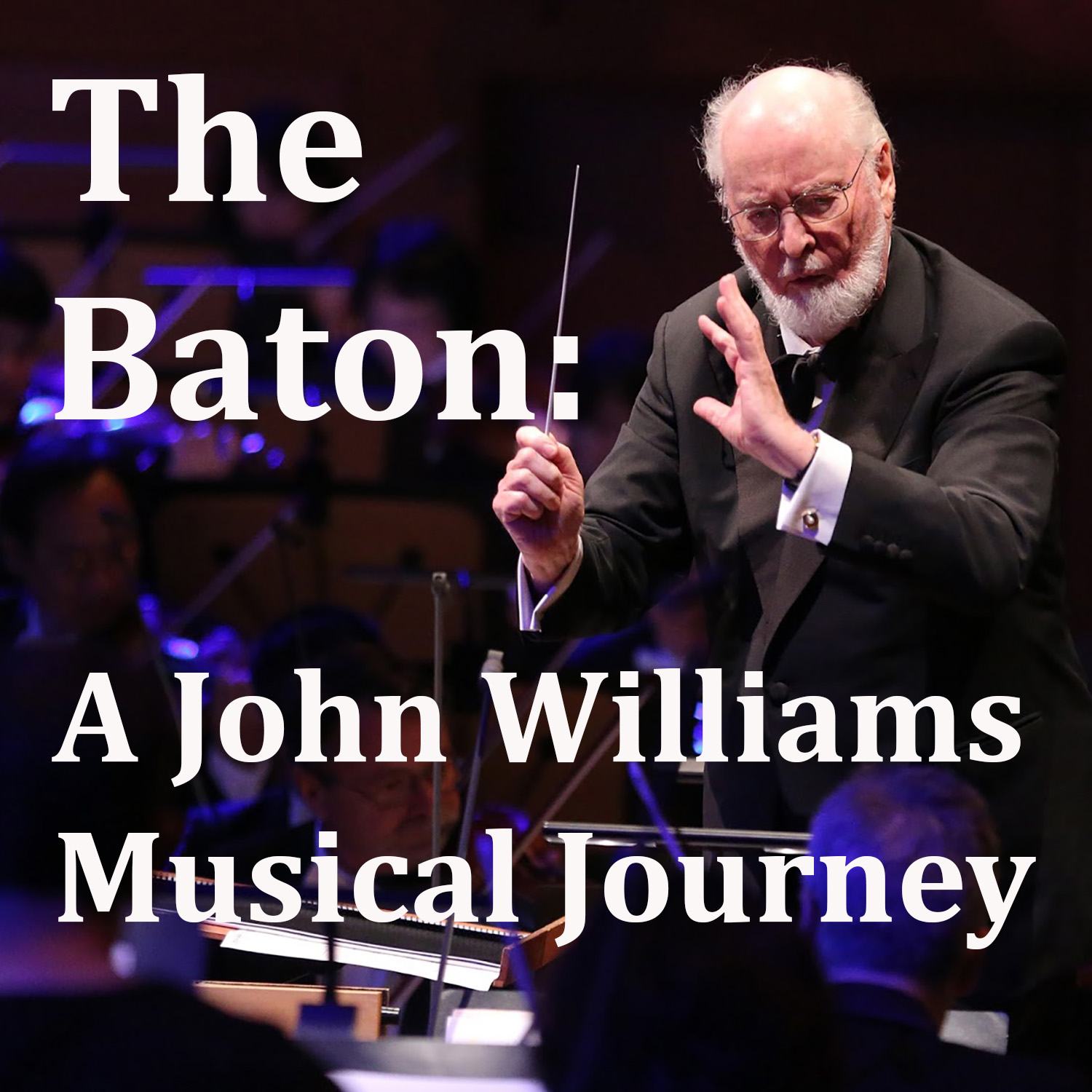Episodes
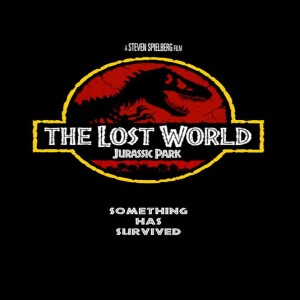
Wednesday Jun 03, 2020
Episode 81 - The Lost World: Jurassic Park
Wednesday Jun 03, 2020
Wednesday Jun 03, 2020
The second half of 1997 felt like 1993 all over again, as Steven Spielberg and John Williams were working together on another dinosaur movie and another historical drama. First up was the sequel "The Lost World: Jurassic Park," in which Spielberg advised Williams to take the score in an entirely different direction from the wildly popular original 1993 film. And Williams obliged with his most prevalent use of percussion since 1972's Images. He also goes in a different direction for the main theme, going for uneasiness and fear instead of majesty and wonder. Jeff Commings is joined by co-host Alex Hoffman as the two dissect the construction of the main theme, the difficult composition for the hunting scene and the replaced music for the helicopter rescue. There's also a discussion of Williams' homage to the great Max Steiner in the big finale when the T. Rex unleashes its fury on San Diego. Watch out for the compies as we go once again to the worldof dinosaurs!
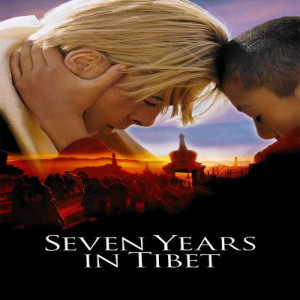
Wednesday Jun 10, 2020
Episode 82 - Seven Years in Tibet
Wednesday Jun 10, 2020
Wednesday Jun 10, 2020
Brad Pitt took on another foreign accent for his 1997 true-life drama "Seven Years in Tibet," telling the story of an Austrian mountain climber captured during World War II who takes refuge in Tibet and befriends a young Dalai Lama. Pitt's accent wasn't the only misfire of the film. Director Jean-Jacques Annaud butchered John Williams' score, taking many of the cues featuring famous cellist Yo-Yo Ma out of the film in favor of pre-existing Tibetan music and some of the more unaffecting portions of Williams' score. What we get is a score that is better appreciated on the soundtrack release, as it features plenty of Ma's fantastic cello performances. Host Jeff Commings tries to find some standout moments in the score that are used in the film, but there are not many from which to choose.
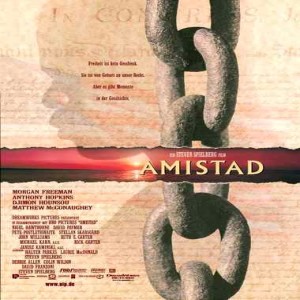
Wednesday Jun 17, 2020
Episode 83 - Amistad
Wednesday Jun 17, 2020
Wednesday Jun 17, 2020
With the beautiful mezzo soprano voice of Pamela Dillard and the stately trumpet playing of Tim Morrison in his arsenal, John Williams delivered a score for "Amistad" that feels like the Maestro wrote two different scores for one film. One part of the score features tribal African percussion rhythms accentuated by Dillard vocalizing the main theme, while the other features an Americana flavor for the theme for President John Quincy Adams. But, in the context of the film, the two sides of the same score work wonderfully. Jeff Commings is joined for the third time on "The Baton" by Brian Martell as the two discuss the scenes that feature some moving and memorable music, and highlight the song that Williams wrote called "Dry Your Tears, Afrika," based on a 1967 poem that perfectly fits the scenes for which they were written.
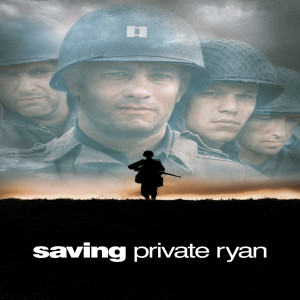
Wednesday Jun 24, 2020
Episode 84 - Saving Private Ryan
Wednesday Jun 24, 2020
Wednesday Jun 24, 2020
Just about everyone involved in the production of the World War II epic "Saving Private Ryan" was tasked with pushing the envelope in terms of what could be seen and heard onscreen -- except composer John Williams. Director Steven Spielberg and Williams made the wise decision to keep music out of the key battle scenes, and even other key scenes that would have normally used music, to keep us immersed in this tale of a group of soldiers sent to retrieve the last surviving Ryan brother. Host Jeff Commings is joined by Richard Fish for this episode, and Fish talks about his connection to the "Hymn to the Fallen" piece Williams wrote for the film. The two also discuss the use of thematic material in the film, which might be tough to discern as the tone of the score is often very low-key and subdued.
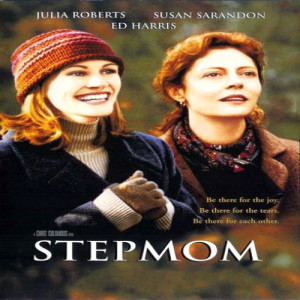
Wednesday Jul 01, 2020
Episode 85 - Stepmom
Wednesday Jul 01, 2020
Wednesday Jul 01, 2020
The story of John Williams' hiring to write the score for "Stepmom" has been the cause of rumor and hearsay for more than two decades, since the involved parties have never spoken publicly about how Williams came to replace Patrick Doyle as composer after Doyle supposedly turned in a complete score. Host Jeff Commings details the many rumors that have circulated in 22 years, and provides some exclusive insight into the timeline covering Williams' involvement to help clear up any misunderstanding. When listening to the score, the music is very light on thematic material and features solo guitar performances by Christopher Parkening in his only performance on a film score.
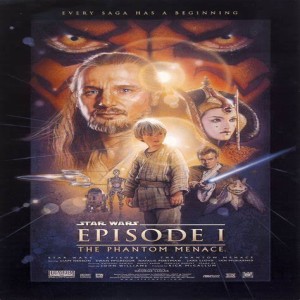
Wednesday Jul 08, 2020
Episode 86 - The Phantom Menace
Wednesday Jul 08, 2020
Wednesday Jul 08, 2020
Fans were going crazy in anticipation of the return to the Star Wars galaxy with the release of "The Phantom Menace" in theaters. How would John Williams' score reflect that we are getting a lot of new characters while also keeping us musically grounded in the familiar? Though Williams used the main theme in the opening crawl, he decided to create a lot of new thematic material, including a bold choral piece called "Duel of the Fates" that has gained a life outside the film. Its constant play on MTV in the weeks leading up to the film's debut certainly helped that. Host Jeff Commings is joined by fellow Star Wars fan Siddique Hussain for a discussion of the score, and Commings talks with Maxine Kwok, a violinist with the London Symphony Orchestra whose first major gig with the LSO was performing on this score. Kwok, a major Star Wars fan, talks about her first meeting with John Williams, reading the new music and playing it within a matter of seconds and performing that ostinato that runs through "Duel of the Fates."
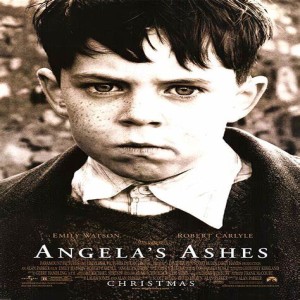
Wednesday Jul 15, 2020
Episode 87 - Angela's Ashes
Wednesday Jul 15, 2020
Wednesday Jul 15, 2020
Though two composers had won Oscars for their scores on previous Alan Parker films, the director didn't reach out to them to write music for his first straight nonmusical drama in almost 10 years. Neither Giorgio Moroder or Michael Gore would have fit the mold for the music needed for "Angela's Ashes," based on the Pulitzer Prize-winning memoir by Frank McCourt. John Williams had read the book and agreed to do the score, opting to forgo any of the typical Irish instruments that he employed seven years earlier for "Far and Away." Host Jeff Commings examines the score's universal appeal through its two themes played on piano and strings, as well as some cues that were not used in the final film version. As this film was unspooling in theaters in late 1999, Williams was ready to conduct a six-part composition for a short film by Steven Spielberg about the American experience. Enjoy a portion of that composition on this episode as well as we move ahead to the new millennium!
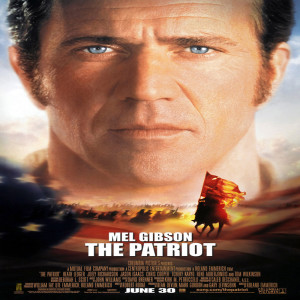
Wednesday Jul 22, 2020
Episode 88 - The Patriot
Wednesday Jul 22, 2020
Wednesday Jul 22, 2020
For the final time in his career, John Williams stepped in as replacement composer, this time for the Revolutionary War action film "The Patriot," starring Mel Gibson in a role very similar to the one he played in "Braveheart" five years earlier. Though the film is largely fictional, the war setting provided John Williams with some great opportunities to write music for instruments of the time. But, the focus in the action scenes relied on some incredibly difficult writing for brass instruments. Host Jeff Commings analyzes some of those cues with the fun brass runs, as well as the three themes written for the film. The episode concludes with a brief listen to a special concerto Williams wrote for the Boston Symphony Orchestra and its lead violinist that would be another highlight for Williams in 2000.
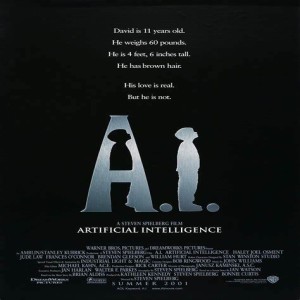
Wednesday Jul 29, 2020
Episode 89 - AI Artificial Intelligence
Wednesday Jul 29, 2020
Wednesday Jul 29, 2020
John Williams' score to "AI Artificial Intelligence" has a cold and detached feeling for most of the film, mostly using synthesizers to depict the life of a robot boy who wants to become human. But, some of the best moments in the score come when Williams unleashes the organic strength of the orchestra, in scenes such as David's abandonment in the woods or the arrival to Manhattan. But, one of the standout moments comes during a nighttime chase through the forest, when Williams' son Joseph provides a heavy metal-style jam that perfectly encapsulates the feel of the scene. Host Jeff Commings details all of this music and more, including the piano-driven finale that had him -- and plenty of others -- weeping through the end credits.
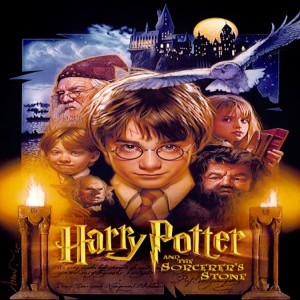
Wednesday Aug 05, 2020
Episode 90 - Harry Potter and the Sorcerer's Stone
Wednesday Aug 05, 2020
Wednesday Aug 05, 2020
The 90th episode of "The Baton" highlights the return to the melodic theme composition styles that made John Williams famous in the 1970s and 1980s. With "Harry Potter and the Sorcerer's Stone," Williams creates no less than seven new themes for the main characters and the title stone that causes so much trouble. Host Jeff Commings details all seven themes and their appearances in the score, including the fun Quidditch match and the thrilling chess game. There's also a look at the final piece of music Williams wrote in 2001, a rousing theme for the 2002 Winter Olympics to be held in Salt Lake City, Utah.

